I wasn’t expecting to beat Princess Peach: Showtime! the weekend it came out, but by Sunday night, I was watching the credits roll. I wasn’t rushing to get it done, and I intended to take my time going through it. That’s not a bad thing, though. It’s a great one.
We live in an era where games are put on a pedestal based on how much content is in them. Games need to have a constant stream of new updates and seasons, and even standalone single-player games are expected to be dozens upon dozens of hours to keep gamers playing. February and March had a ton of major releases like this, including Persona 3 Reload, Final Fantasy VII: Rebirth, and even Rise of the Ronin and Dragon’s Dogma 2, titles that came out the same day as Princess Peach: Showtime! Games seem to be all about advertising their scale and scope more than anything, so when a smaller major release comes out, it tends to either get overlooked or derided because of its length.
Keep in mind that I have nothing against large games. I’m a big fan of the Persona and Xenoblade series, which are franchises where each entry can easily go for over 100 hours. But much like how you can’t have a glut of live-service games to the point where they cannibalize each other, not every game needs to be a several dozen-hour epic. There are only so many hours in the day, and as someone who has other obligations, I usually have to carefully choose what game I want to play next. Sometimes, I want a big, meaty RPG to immerse myself in, but I don’t want them to be the only things I play. The longer a game goes on, the more it has the opportunity to drag and make me lose interest, ultimately having me drop the game and leaving me with the feeling that I wasted my time.
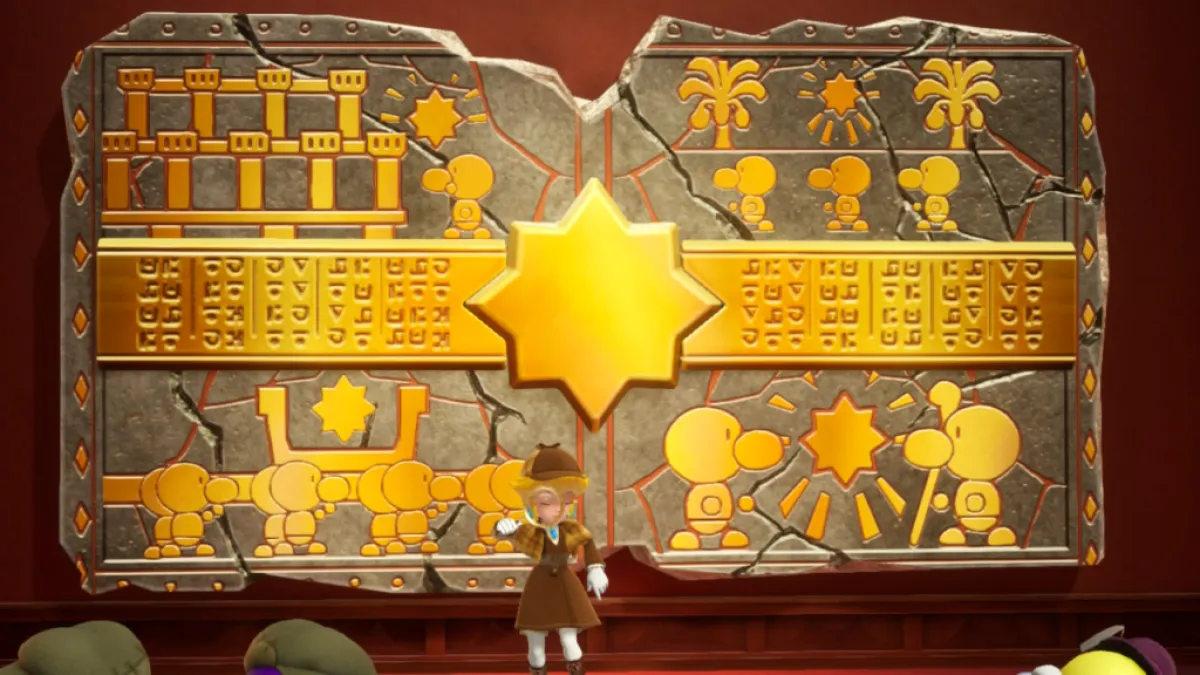
But then you have a short game like Princess Peach: Showtime! where there really isn’t a chance for the game’s pacing to drag. There’s always something new to see, a change in gameplay or some narrative reason that keeps the action and the pacing going. It feels well-curated, where everything has a clear and defined purpose to it. I often find myself playing larger games like Tears of the Kingdom and trying to rationalize what the purpose of a certain section is, whether it be to show off how large the world is, add more collectibles like Korok Seeds, or provide items that can be used for crafting purposes. It felt like content for the sake of content and developers needlessly flexing their skills, while Showtime!’s content feels refined and concise.
Then again, Princess Peach: Showtime! is an anomaly, even in the world of short games. It’s not just a run-of-the-mill short game – this is a Nintendo-published game starring one of its most popular characters. This isn’t the first short AAA game – I usually think of Titanfall 2 and Heavenly Sword when short AAA games come to mind – but it’s still a short game retailing for a full $60. At least Indie games, which are often on the shorter side, don’t often sell for $60. So it can be a tough pill to swallow when a gamer spends a not-insignificant amount of money on a game that can be beaten in a day or two, and games like the ones I just mentioned were criticized in their time for their short length. In that regard, it makes sense why someone would prefer large-scale AAA games like the ones that have been released over the past few months. You know for a fact that you’re getting your money’s worth.
And yet, we all need ourselves a palette cleanser every now and then. We need games that won’t occupy a large amount of our time and can give us a complete experience. Princess Peach: Showtime! is nothing if not a bunch of palette cleansers. That are ten different costumes, each with their own unique mechanics and level design, that are simple enough for any player to understand and deliver a fairly satisfying experience. If you want extra content, it can provide that for you with optional post-game content, but the keyword there is optional. If you want to fully engage with its content, something I wouldn’t recommend, you could if you want to squeeze every last ounce out of a game. Modern games do provide optional content, but it subtly guilts you into engaging with it whether you like it or not, either in the form of trophies or unlocking perks that will make the game easier. Here, there is no sense of guilt for not fully completing it. You can simply close the game and be done with it, satisfied that you’re not spending weeks of your life chipping away at what will eventually become a massive chore.
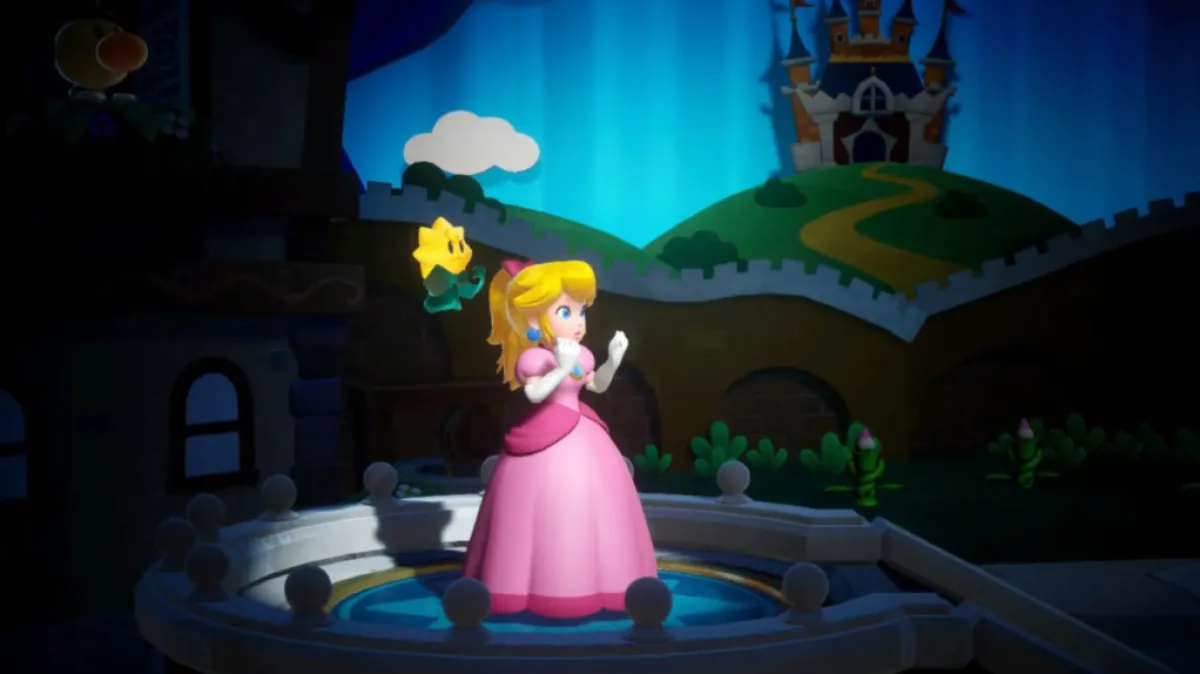
I respect a game that can take a single weekend to beat, and there’s something I love about finding a good weekend game. You know the kind of game I’m talking about. It’s a game that you start up on a Friday night after the week is over, and you spend all of the weekend playing it, beating it before the next week begins. In the ’90s, most games on the SNES and Genesis would be considered weekend games, becoming the lifeblood of video game rental stores. With the advent of CD-based consoles like the PlayStation and then consoles with internal storage capabilities, games could become bigger and more complex. Of course, this was a positive development for the industry, allowing for more enriching experiences and frankly surpassing what most SNES or Genesis games were capable of. But with that ability to expand your games, games also began to take advantage of your time, adding content, minigames, and repetitive segments that feel like they were put into the game just because the developers could.
Related: All Pre-Order Bonuses & Editions for Princess Peach: Showtime
There’s a certain artistry in crafting a good weekend game. You need a less is more attitude. An attitude that isn’t afraid to hit the ground running and just throw ideas and concepts at players and have them learn on the fly. A game that is confident in its own execution to the point where you need to trust the developers that they know what they’re doing. Most importantly, it’s a game that respects your time and doesn’t waste it with pointless additions. Princess Peach: Showtime!, in my opinion, is all of these things. Not once did I think a sequence in the main campaign was pointless or too handholding. It came, it saw, it did its thing, and then it left.
As I was playing through it, I was reminded of another Nintendo release that could perfectly be slotted into a weekend game role: Luigi’s Mansion 3. Like Showtime!, it was a smaller release from Nintendo but positioned as a major holiday title that was somewhat criticized for its short length but made up for it with its overflowing charm. No section in that game overstayed its welcome – there were plenty of collectibles to acquire, but they were never deemed as essential, and most importantly, it could be beaten in a weekend. I could start it up on a Friday night, spend a few sessions in between chores and spending time with friends, and still be done by the time work started up again on Monday.
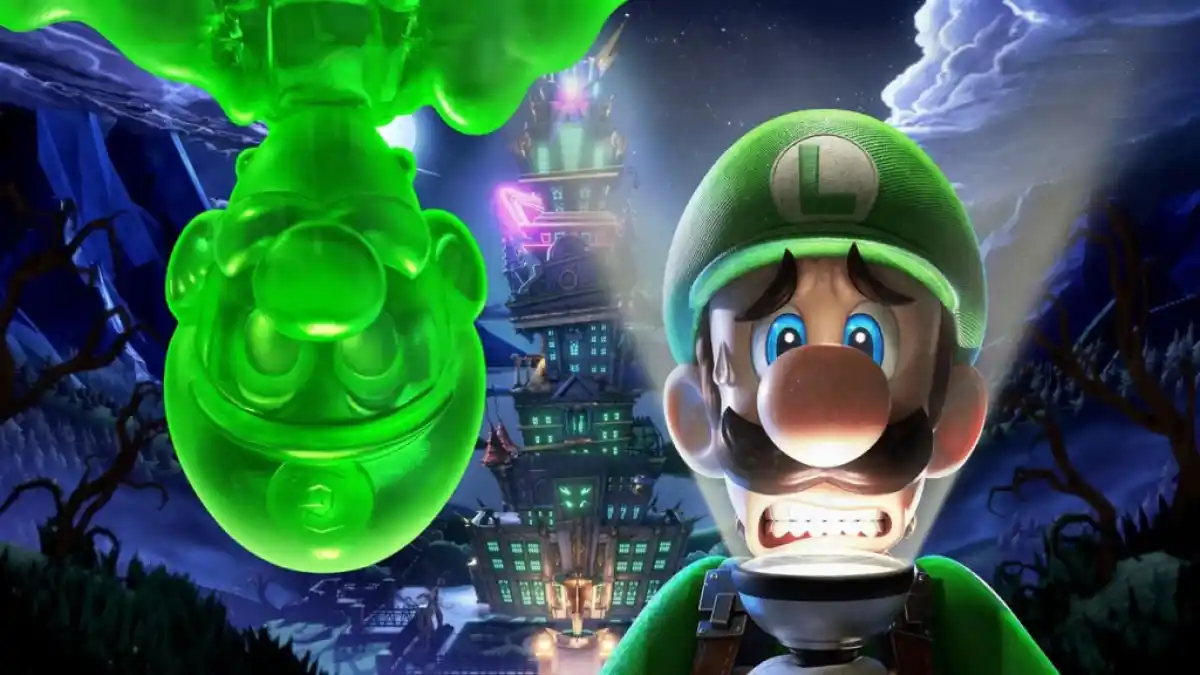
I love a good weekend game, and it felt so satisfying to see that Princess Peach: Showtime! wasn’t going to take a week for me to finish. As I’ve gotten older, I’ve begun to appreciate shorter games more and more, and seeing how Princess Peach: Showtime! is everything that Dragon’s Dogma 2 or Rise of the Ronin isn’t made me smile a little. I know that the mindset I have is unique, but maybe next time a game is criticized for its short length, don’t think of that as being a negative. Instead, think of it as a palette cleanser. It’s a little game that you can play for a weekend, enjoy yourself, then move on to something else. We need more weekend games, and I’m glad that I discovered a new one in Princess Peach: Showtime!
Princess Peach: Showtime! is available on Nintendo Switch.

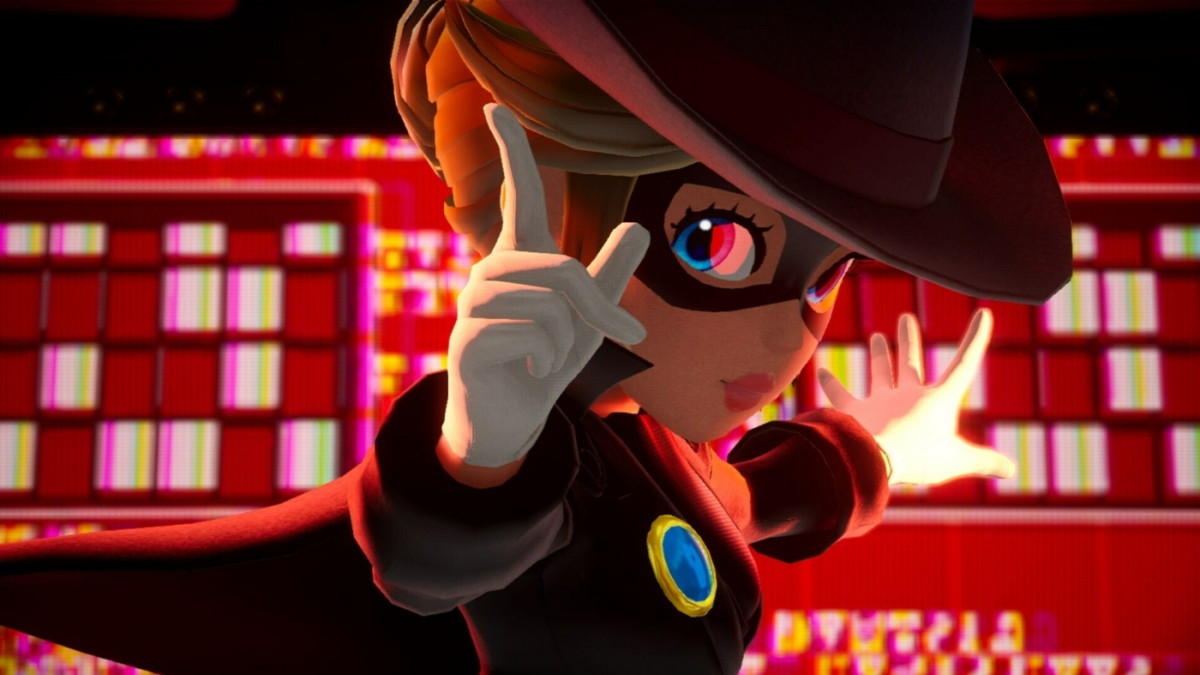



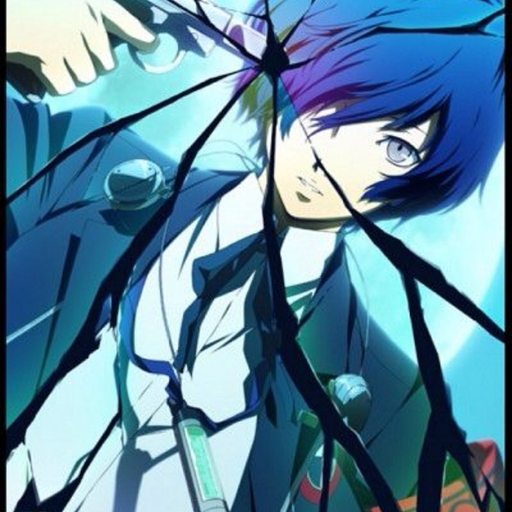
Published: Mar 29, 2024 05:00 pm